US Covid-19 emergency declaration extended for another 90 days
The United States on Wednesday renewed the COVID-19 public health emergency, days ahead of its April 16 expiry date, allowing free tests, vaccines, and treatments to continue for three more months.
The public health emergency, first declared in January 2020 when the pandemic broke out in the US, has been renewed on a quarterly basis ever since and was due to expire on April 16.
The decision was announced by the US Health and Human Services (HSS) Secretary, Xavier Becerra, who said the emergency will extend for 90 more days, until mid-July.
Becerra had previously promised to give at least 60 days' notice before terminating the emergency.
"We've all had access to coverage and we've been able to tap into the availability of Covid-19 testing, treatments, and vaccines, largely at no cost during the public health emergency,” Dr. Juliette Cubanski, deputy director of the Kaiser Family Foundation's Medicare policy programme, was quoted as saying by Reuters.
“But not all of these items will continue to be free when the public health emergency ends.”
At present, as part of the emergency, the government is required to pay for tests, vaccines, and certain treatments for those covered by the Medicare and Medicaid health insurance programmes.
When the period of the public health emergency ends, insured people will be subject to co-pays or other costs, while the uninsured will lose easy access to free testing, according to reports.
The public health emergency is one of four pandemic-related nationwide emergencies currently in effect in the US, the world’s worst-hit country by the coronavirus pandemic.
Others include a national emergency that the Biden administration renewed in March and a health emergency that allows the US Food and Drug Administration (FDA) to grant emergency use authorizations for Covid-19 treatments, tests, and vaccines.
Republicans have been urging the Biden administration to unwind the medical emergency as life slowly limps back to normal.
"Americans, especially children, are in crisis. Instead of keeping us in a permanent state of emergency, it is time for this administration put people first and stop clinging to powers you currently enjoy under the PHE," over 70 House Republicans wrote in a February letter to President Joe Biden and Becerra.
The Trump administration declared the coronavirus a public health emergency in late January 2020, before the pandemic wreaked havoc in the US, leading to record casualties.
The then HHS Secretary Alex Azar issued the first declaration for COVID-19, and ever since it has been renewed eight times, with the last extension approved by Becerra on January 14.
The emergency declaration can expire at the end of the 90-day period or terminate early.
The extension on Wednesday came amid political pressure on the incumbent government to wind down the flexibilities for people, healthcare providers, and federal health programs.
Healthcare providers, however, have been calling for the renewal of the declaration amid concerns about workforce shortages, supply chain disruptions, effects of long COVID-19, vulnerable populations who cannot be vaccinated, and the potential for additional COVID-19 surges.
The US has so far recorded 80.4 million coronavirus infections and more than 985,000 deaths. On Tuesday, the country identified 29,034 new cases and 505 deaths.
US fighter aircraft shot down ‘in friendly fire’ amid aggression on Yemen
Yemeni FM: Israel’s sponsors accountable for ongoing aggression on Sana’a
Eight Palestinians killed as Israel attacks Gaza school, hospitals
VIDEO | Rome, Milan host new protests in solidarity with Palestinians
Dec. 21: ‘Axis of Resistance’ operations against Israeli occupation
Spain jurists demand ties with Israel ties be cut
VIDEO | Press TV's news headlines
VIDEO | Iran honors top Science Olympiad medalists


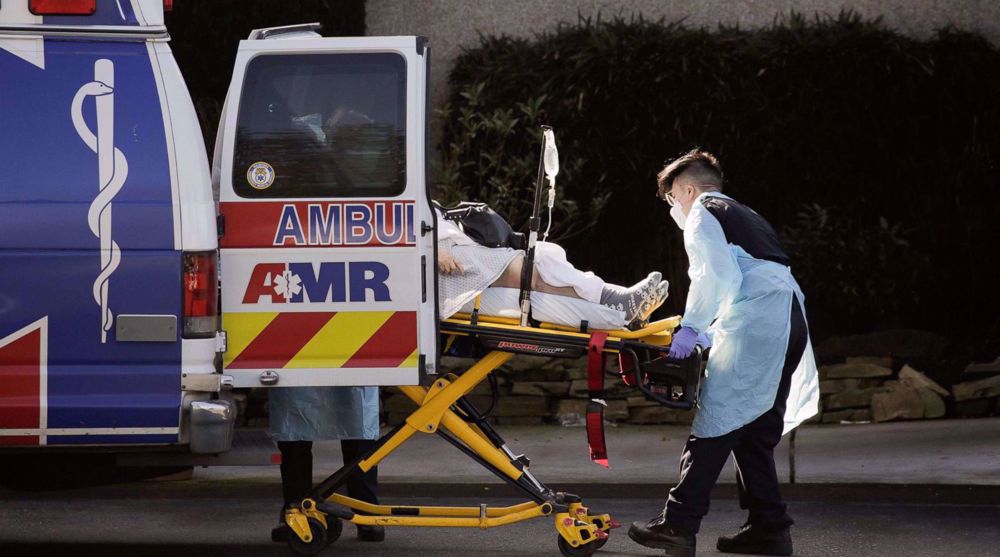
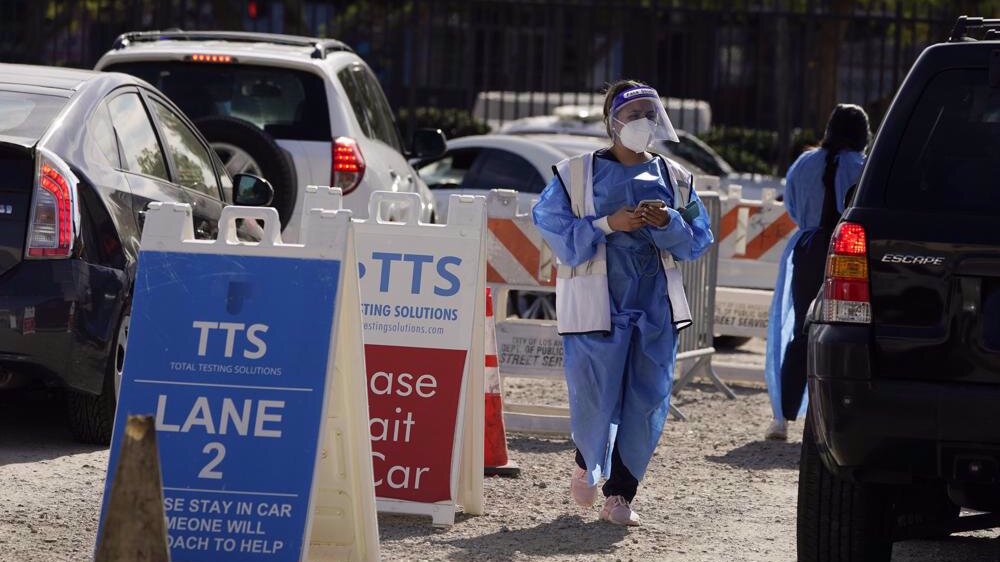
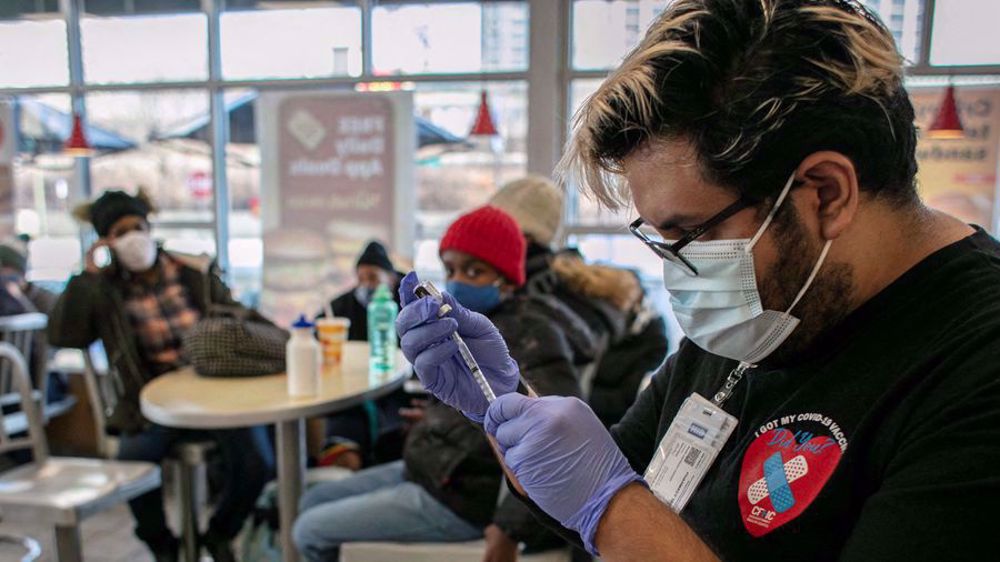
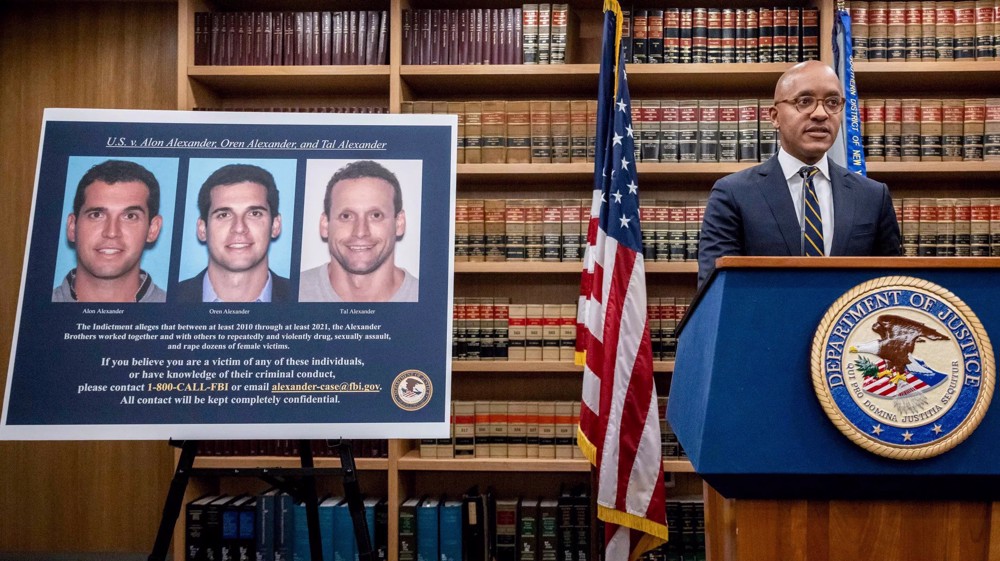
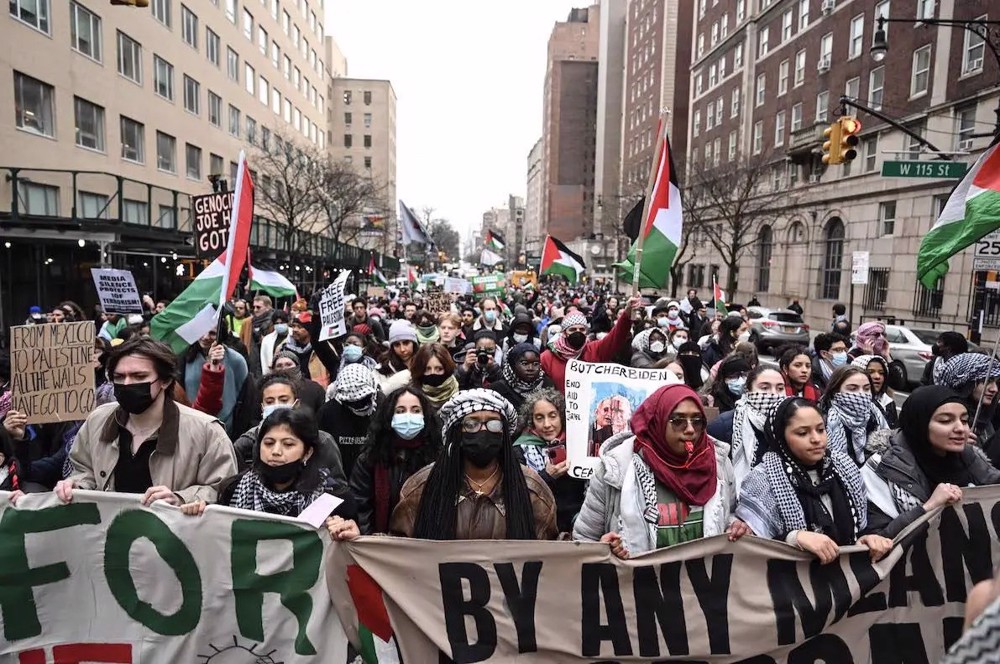




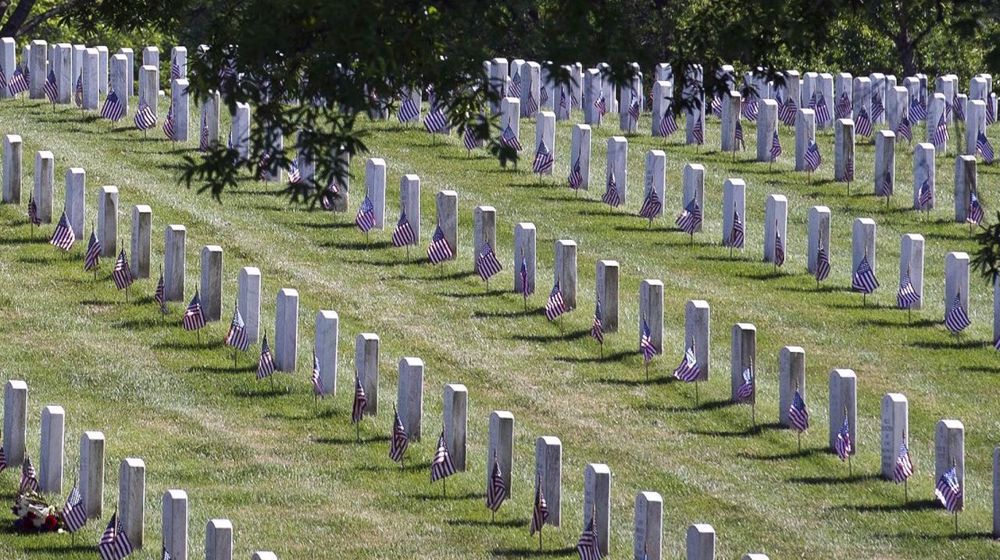
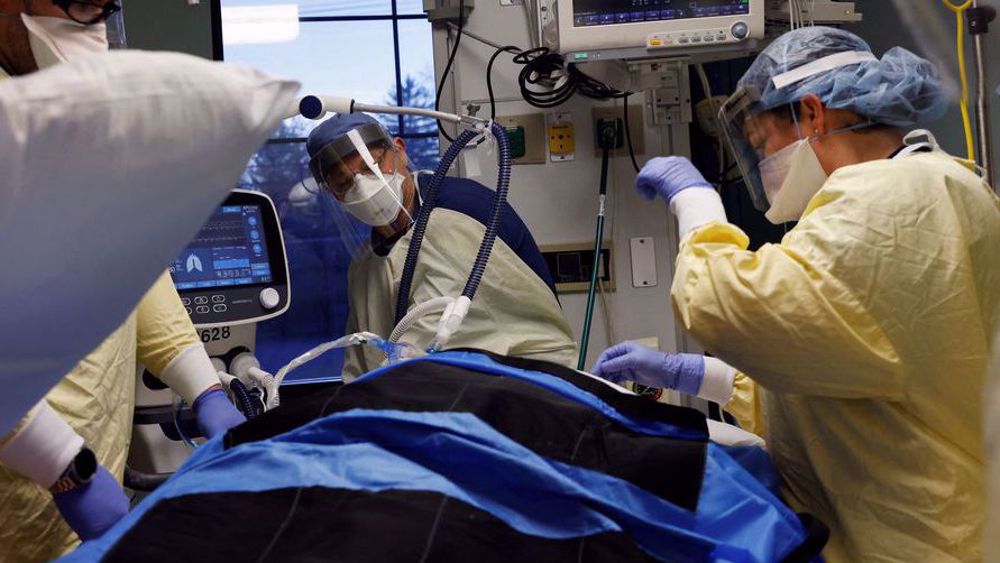
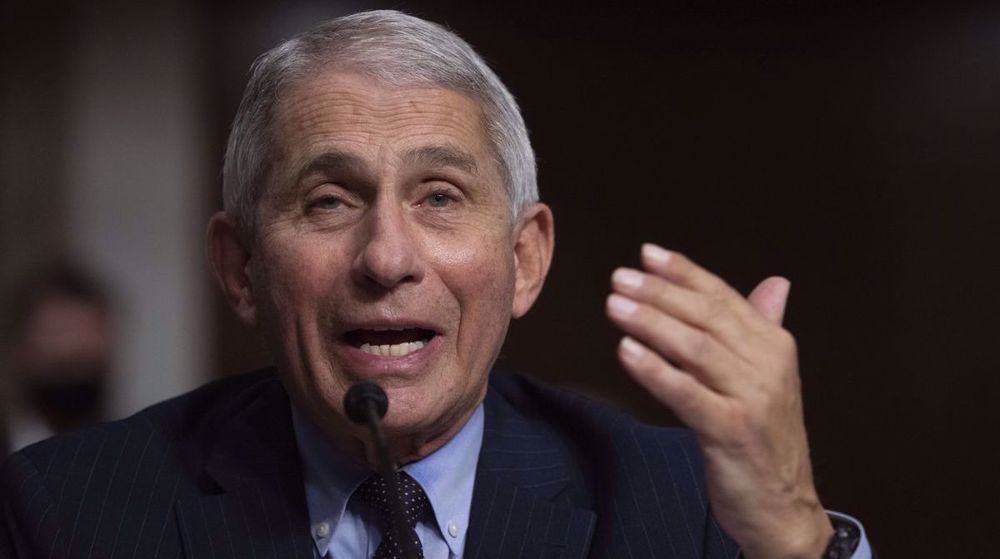
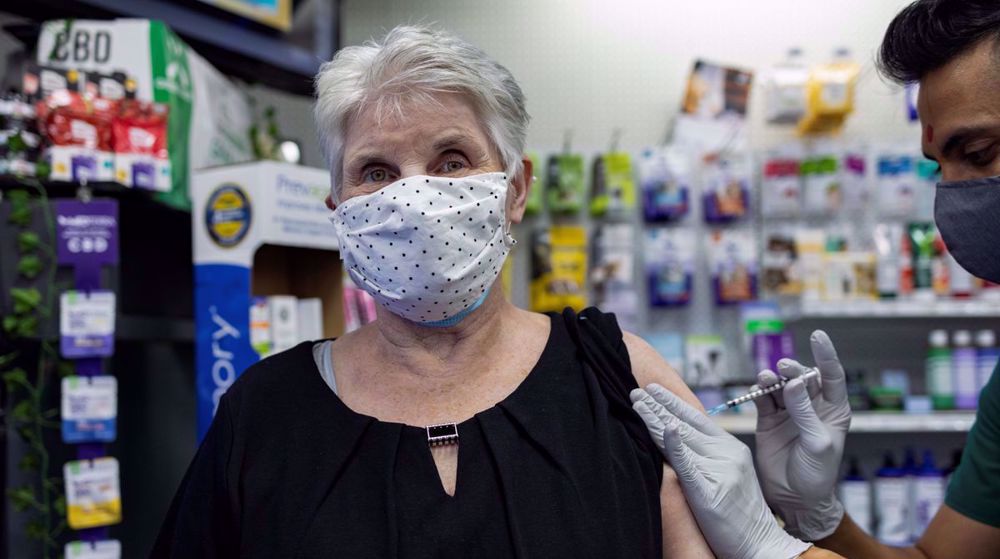


 This makes it easy to access the Press TV website
This makes it easy to access the Press TV website